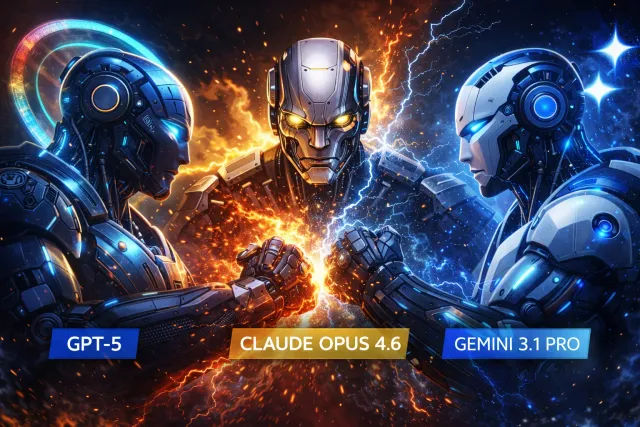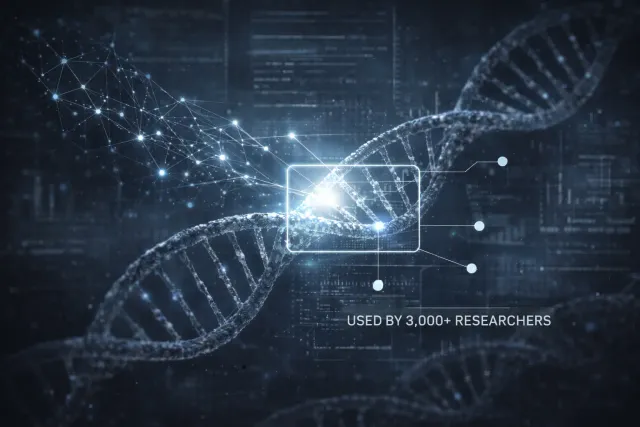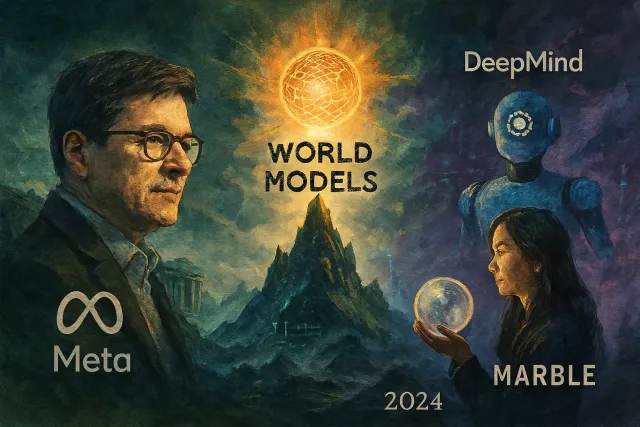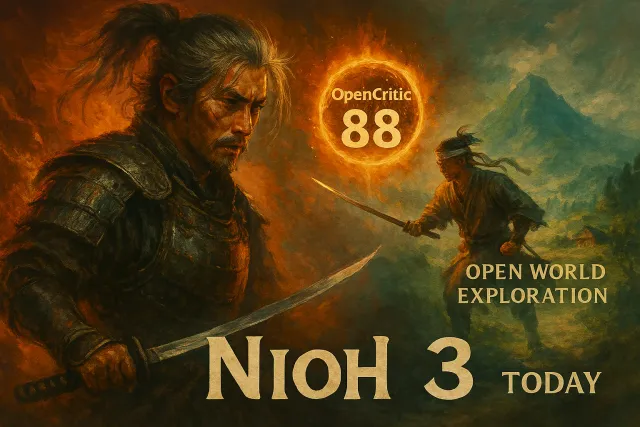
2026 年 2 月 AI 模型大戰:GPT-5、Claude Opus 4.6、Gemini 3.1 Pro,誰才是最強 AI?
2026 年 2 月是 AI 競賽最激烈的一個月。GPT-5.3、Claude Opus 4.6、Gemini 3.1 Pro 同步較勁,DeepSeek V4 從側翼殺入。本文用最新基準測試數據,告訴你各模型的真實強項與最佳使用場景。

2026 年 2 月是 AI 競賽最激烈的一個月。GPT-5.3、Claude Opus 4.6、Gemini 3.1 Pro 同步較勁,DeepSeek V4 從側翼殺入。本文用最新基準測試數據,告訴你各模型的真實強項與最佳使用場景。

Nintendo Switch 2 三月陣容正式確定,Pokemon Pokopia、惡靈古堡:蝴蝶之殤 Remake、Monster Hunter Stories 3 等 8 款大作齊發。本文整理完整發售時間、遊戲亮點,以及 Switch 2 目前的熱銷現況。

NVIDIA 發布 Earth-2,全球首個完全開源的 AI 天氣預報平台。三大模型涵蓋全球中期預報、局部暴風預測和大氣數據同化,將傳統超級電腦需要數小時的運算壓縮到幾秒鐘完成。

《人中之龍 極 3 & Dark Ties》於 2 月 12 日正式發售。本作包含經典重製與全新前傳兩款遊戲,新增龍宮流戰鬥風格、飆車女王模式和地下格鬥場。本文整理評測分析、系統詳解與新手建議。

AI 模型像黑箱一樣運作,沒人知道它為什麼這樣回答。機械可解釋性正在改變這一點。MIT Technology Review 將其列為 2026 十大突破技術,Anthropic 已能追蹤 Claude 從輸入到輸出的完整思考路徑。

Sony 確認 PlayStation State of Play 將於 2 月 12 日登場,長達 60 分鐘以上。Marvel's Wolverine 的完整展示、Marathon 最新進度、Naughty Dog 新作 Intergalactic 都可能亮相。本文整理所有已知資訊與預測。

Google DeepMind 發布 AlphaGenome,能分析 100 萬個 DNA 鹼基對並預測數千種分子特性。論文登上 Nature,已有 160 國、3000 名科學家用於癌症與罕見疾病研究。本文完整解析它的運作原理與影響。

《勇者鬥惡龍 VII Reimagined》已正式發售,Metacritic 81 分、OpenCritic 85 分。本文深入解析全新 Moonlighting 雙職業系統、26 種轉職路線與新手推薦開局,幫你快速上手這款經典 JRPG 重製版。

2026 年,AI 的焦點從大型語言模型轉向世界模型。Yann LeCun 離開 Meta 創立 AMI Labs,Google DeepMind 發布 Genie 3,李飛飛的 World Labs 推出 Marble。這場革命將如何改變 AI 的未來?

《仁王 3》於 2026 年 2 月 6 日正式發售,OpenCritic 88 分、Metacritic 86 分。本文整理發售時間、新功能詳解、評測重點與新手建議,幫你決定是否入手。

2026 年 AI 聊天機器人市場迎來劇烈變化。ChatGPT 從 87% 跌至 68%,Google Gemini 飆升至 18%,Anthropic 傳聞即將發布 Claude Sonnet 5。三巨頭競爭白熱化,獨佔時代正式結束。

2026 年 2 月是遊戲大月。Nioh 3(2/6)、Dragon Quest VII Reimagined(2/5)、惡靈古堡安魂曲(2/27)等重磅作品接連發售。本文整理完整發售清單與購買建議。